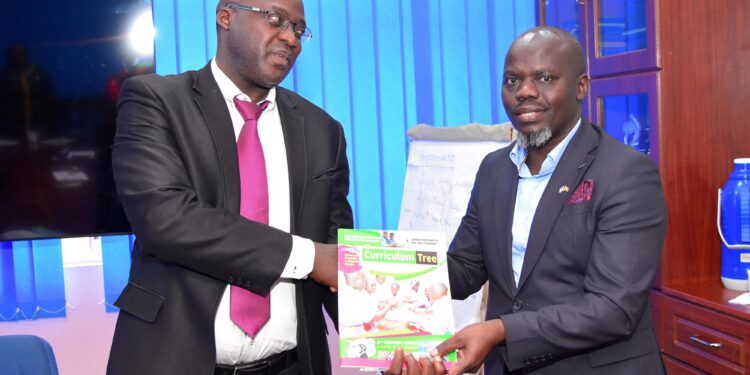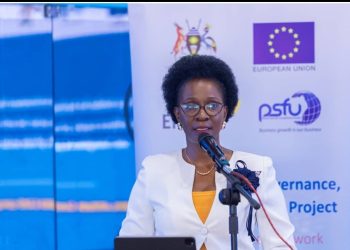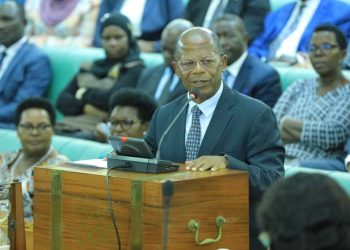A new curriculum with three additional disciplines is among the numerous modifications the government is recommending for lower elementary education.
According to NCDC representatives, the new curriculum is anticipated to cost Shs204 billion (about $55 million) in total.
It will comprise teaching students in Primary One, Two, and Three Swahili, Science, and Social Studies (SST).
The learners in Primary Four are currently introduced to these topics.
The goal, according to Dr. Richard Irumba, Deputy Director of Research, Consultancy and Library Services at NCDC, is to make sure students can understand the two disciplines right away.
“Schools have been implementing a thematic curriculum at this level and the principles of sciences were covered well in literacy,” Dr Irumba said.
He said that these subtopics in literacy units one and two were not being effectively covered and taught to students.
Dr. Irumba argued that science education for students at an early age is essential to achieving the government’s technology and science agenda, which is being pushed for the country’s growth.
In contrast, he continued, SST includes civic education, making it extremely important for students to learn at an early age.
Lower primary students currently study six topics, including four key ones: math, english, literacy one, and literacy two. Additionally, they study reading and religious education, both of which, according to experts, receive grades of 50%.
After the new curriculum is approved, students will begin studying seven courses in July.
Dr. Irumba made the comments yesterday at the Monitor Publications Limited headquarters in Kampala. He was there on a courtesy visit to work with the company in promoting its events, including the upcoming worldwide curriculum development conference as they celebrate 50 years in business.
The NCDC’s communications officer, Mr. Taddeo Bwambale, stated that the center will utilize the Sh180b, among other things, to create and print materials, train more than 150,000 instructors nationwide, and review all the topics.
Following a decline in student literacy, the Ministry of Education introduced a thematic curriculum for Primary One and Two in 2017. The government intends to revise the entire elementary level curriculum in six years.
Every five years, every country must update their curricula to reflect advances in technology. But according to Dr. Irumba, this is challenging to accomplish because of a lack of funding.
The decision to include science in lower elementary was praised by Mr. Aaron Mugaiga, secretary general of the Uganda Professional Science Teachers Union.
On the other hand, he suggested that NCDC incorporate the element of practical lessons at the primary level in order to expose students to scientific experiments at a young age.































































